Transform Your Landscape
Peak’s landscape construction professionals can help you renovate your home’s landscape! Whether it is new plantings, hard pruning of overgrown shrubs, drainage improvements, a new lighting system, privacy requests, or hardscape repair, Peak Environmental designers and craftsmen can create that curb appeal you always dreamed of!
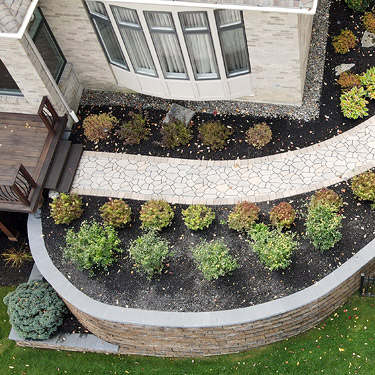
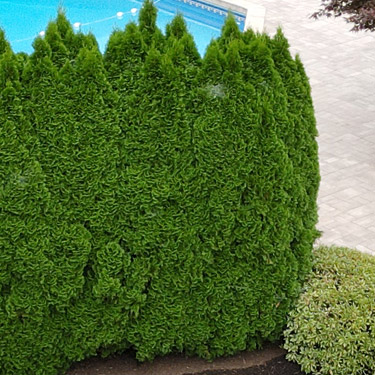
Privacy Screening
Privacy screening in landscaping refers to the strategic placement of plants, structures, or other elements to create a sense of seclusion and privacy within an outdoor space. It is particularly important in urban or densely populated areas where neighboring properties are in close proximity. Privacy screening can be achieved through the use of tall trees, shrubs, hedges, or climbing vines, strategically placed to block unwanted views and create a visual barrier.
Softscape Design & Renovation
Softscape design and renovation in landscaping involve the careful planning, selection, and transformation of the living elements within a landscape. It focuses on the horticultural aspects, such as plants, trees, shrubs, flowers, and other organic materials, to create a beautiful and thriving outdoor environment. Softscape renovation may be necessary when existing plantings have become overgrown, unhealthy, or outdated. It involves removing and replacing plants, rejuvenating existing plantings, and incorporating new selections to refresh and revitalize the landscape.
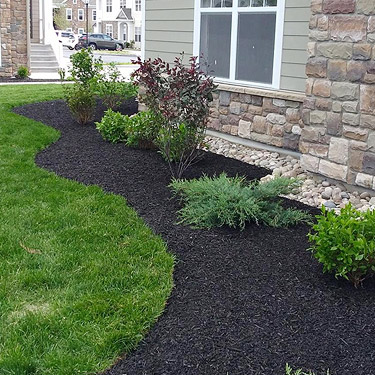
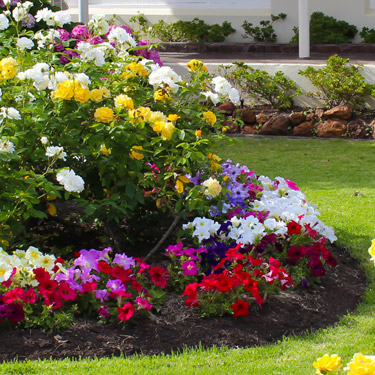
Seasonal Plantings
Seasonal plantings in landscaping involve the strategic selection and installation of plants, flowers, and foliage that showcase the beauty and colors of each season. It is a dynamic aspect of landscape design that allows for an ever-changing and vibrant outdoor environment. Seasonal plantings can include annual flowers, bulbs, and seasonal vegetables that bloom and thrive during specific times of the year. By incorporating plants that are known for their unique seasonal characteristics, such as blossoming cherry trees in spring or colorful foliage in the fall, a landscape can undergo a stunning transformation throughout the year.
Garden and Landscape Naturalization
Garden and landscape naturalization is an approach to landscaping that aims to create harmonious, ecologically balanced environments that mimic the beauty and diversity of natural ecosystems. It involves utilizing native plants, promoting biodiversity, and minimizing human intervention to foster a more sustainable and self-sustaining landscape. Through careful plant selection, incorporating native species, and creating habitat features such as birdhouses or pollinator gardens, garden and landscape naturalization encourage the presence of local wildlife and support the ecological web.
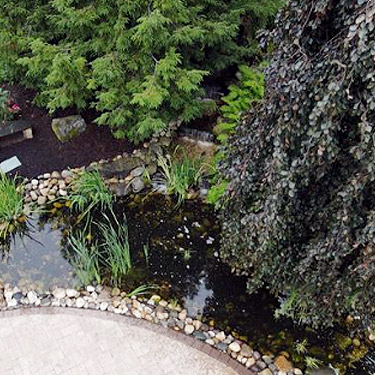
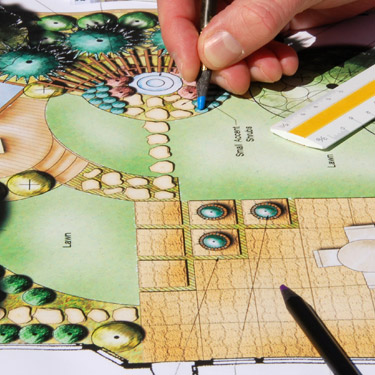
Master Landscape Plans
A master landscape plan typically begins with an assessment of the site, considering factors like topography, soil conditions, sun exposure, and existing vegetation. It involves collaboration between the homeowner and landscape designer to understand the client’s preferences, needs, and desired functionalities for the space.
Shrub Irrigation
Shrub irrigation in landscaping refers to the specific watering practices and systems designed to meet the water requirements of shrubs. Shrubs, which are woody perennial plants with multiple stems, require adequate hydration to thrive and maintain their health and appearance. Shrub irrigation involves determining the appropriate amount of water needed for shrubs based on factors such as the species, soil type, climate, and stage of growth. It is essential to avoid both overwatering, which can lead to root rot and other issues, and underwatering, which can cause stress and hinder growth.
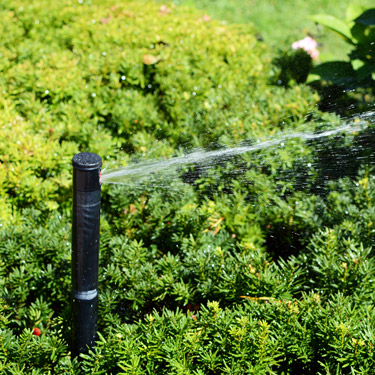
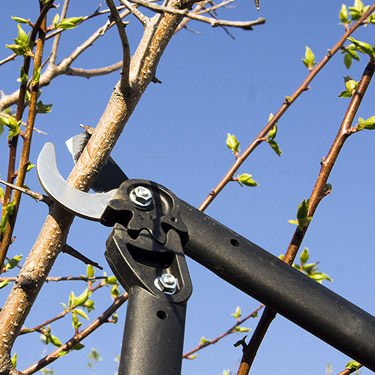
Hard Pruning
Hard pruning in landscaping refers to a severe and extensive pruning technique that involves the removal of a significant portion of a plant’s growth, often resulting in a drastic reduction in size and structure. This pruning method is typically used to rejuvenate overgrown or neglected plants, to control their size, or to reshape them to fit within a desired landscape design.
